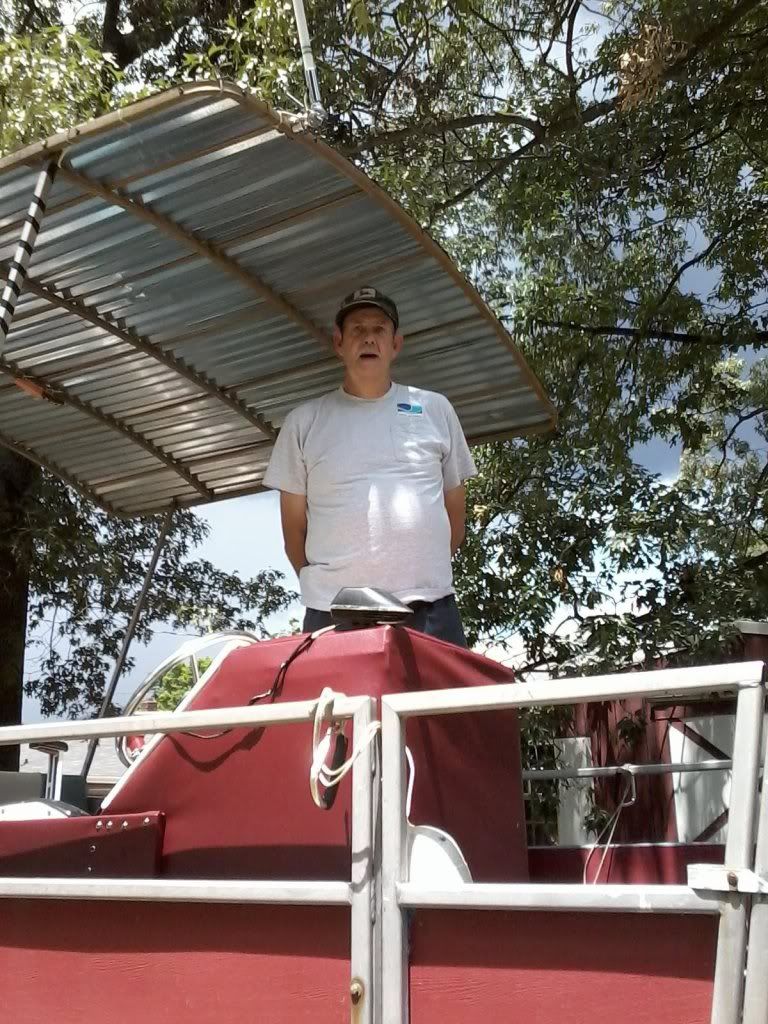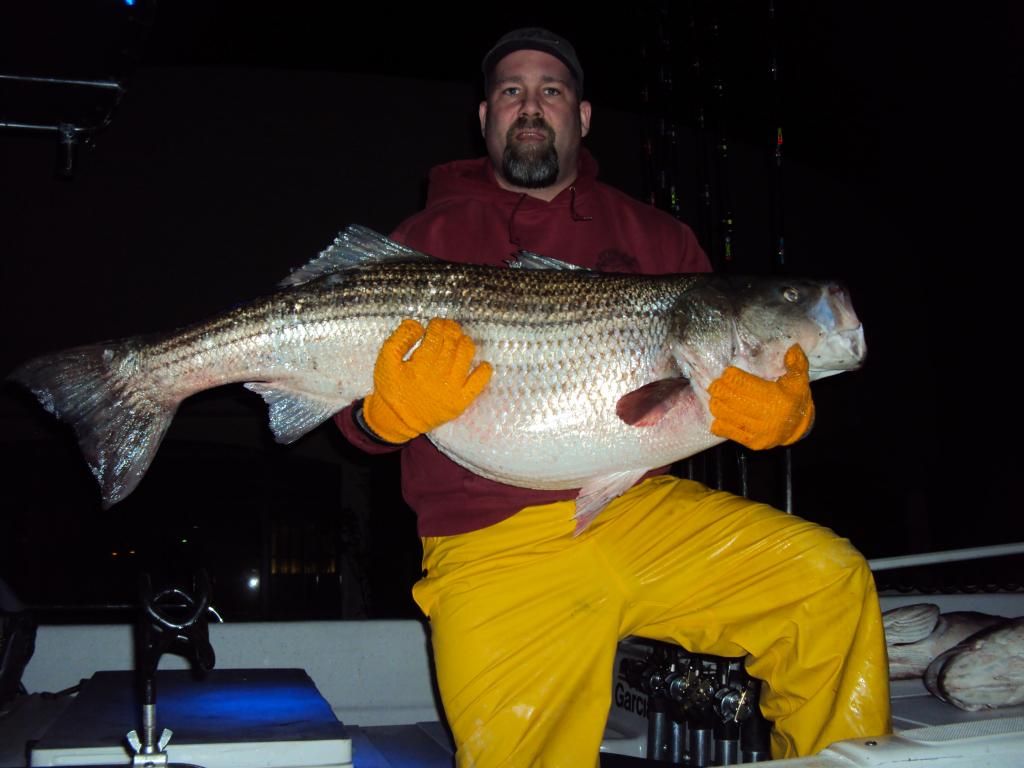Post by mwardncsu on Feb 18, 2014 9:31:37 GMT -5
m.dailyprogress.com/virginia_outdoor_weekly/north-carolina-closes-speck-season/article_09469380-8ee2-11e3-a9fc-0017a43b2370.html
North Carolina Division of Marine Fisheries announced that on Wednesday the spotted sea trout (speckled trout) fishery will be closed to commercial and recreational fishermen. The reasons for closure are widespread reports of cold-stun kills as a result of the recent weather.
In addition to the fisheries closure, commercial seafood dealers will have until Feb. 12 to dispose of their remaining inventory of speckled trout.
The official notice reads,
North Carolina will close all coastal and inland waters to commercial and recreational spotted sea trout harvest at noon Wednesday and remain closed until June 15.
“N.C. Division of Marine Fisheries Director Louis Daniel issued a proclamation today closing all coastal waters after cold-stun events were confirmed on Friday and Saturday in several coastal rivers, bays and creeks. Cold- stun events were confirmed in the Pamlico, Alligator, Pungo, Scuppernong, Trent, Neuse and Cape Fear rivers; Chocowinity, Blounts and Chadwick bays; and Slades, Bath, Cahooque, Hancock and Spooners creeks.
Under N.C. Wildlife Resources Commission rules, the spotted sea trout season automatically closes in inland waters when it closes in adjacent coastal waters.
Cold stun is a naturally occurring event. When waters cool during the winter, spotted seatrout move to deeper, warmer waters in the estuaries and ocean. But if there is a large drop in water temperature over a short period of time, the fish may be stunned or die from it.
Studies have found that cold-stun events can have a significant impact on spotted sea trout populations.
Under the N.C. Spotted Sea Trout Fishery Management Plan, if a significant cold-stun event occurs the Division of Marine Fisheries will close all spotted sea trout harvest. The intent of the closure is to allow the fish that survive the cold-stun event the maximum change to spawn in this spring. Peak spawning occurs in May.”
North Carolina Division of Marine Fisheries announced that on Wednesday the spotted sea trout (speckled trout) fishery will be closed to commercial and recreational fishermen. The reasons for closure are widespread reports of cold-stun kills as a result of the recent weather.
In addition to the fisheries closure, commercial seafood dealers will have until Feb. 12 to dispose of their remaining inventory of speckled trout.
The official notice reads,
North Carolina will close all coastal and inland waters to commercial and recreational spotted sea trout harvest at noon Wednesday and remain closed until June 15.
“N.C. Division of Marine Fisheries Director Louis Daniel issued a proclamation today closing all coastal waters after cold-stun events were confirmed on Friday and Saturday in several coastal rivers, bays and creeks. Cold- stun events were confirmed in the Pamlico, Alligator, Pungo, Scuppernong, Trent, Neuse and Cape Fear rivers; Chocowinity, Blounts and Chadwick bays; and Slades, Bath, Cahooque, Hancock and Spooners creeks.
Under N.C. Wildlife Resources Commission rules, the spotted sea trout season automatically closes in inland waters when it closes in adjacent coastal waters.
Cold stun is a naturally occurring event. When waters cool during the winter, spotted seatrout move to deeper, warmer waters in the estuaries and ocean. But if there is a large drop in water temperature over a short period of time, the fish may be stunned or die from it.
Studies have found that cold-stun events can have a significant impact on spotted sea trout populations.
Under the N.C. Spotted Sea Trout Fishery Management Plan, if a significant cold-stun event occurs the Division of Marine Fisheries will close all spotted sea trout harvest. The intent of the closure is to allow the fish that survive the cold-stun event the maximum change to spawn in this spring. Peak spawning occurs in May.”


